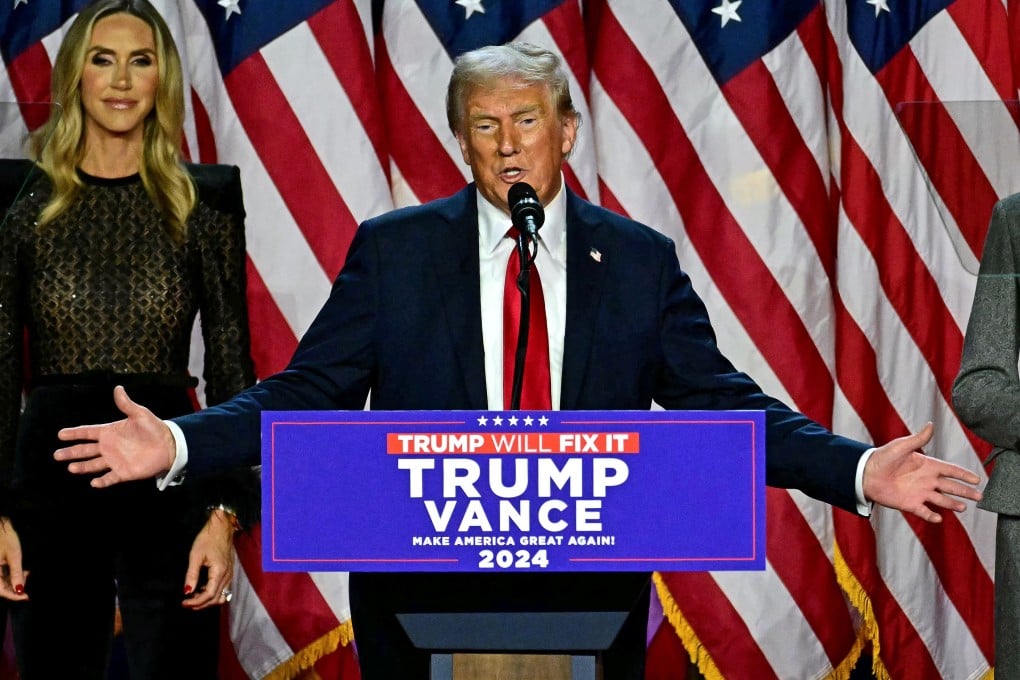China’s foreign investment is falling. Will a second Trump presidency deal a heavier blow?
China’s foreign direct investment fell by almost 30 per cent between January and October after years of steady upwards trajectory

The growth outlook for foreign direct investment (FDI), one of China’s traditional main economic drivers, faces a challenging outlook as Donald Trump’s second term as US president clouds Beijing’s ongoing efforts to retain and attract overseas businesses, according to analysts.
China’s FDI has been on a sharp decline since 2023 amid a switch by foreign business operators in the world’s second-largest economy after years of steady upwards trajectory.
“China’s FDI outlook is challenging; with Donald Trump’s hardline stance on China, foreign companies will keep repatriating their earnings from China back to home markets,” said Nick Marro, principal economist for Asia at the Economist Intelligence Unit.
The short-term implications for falling FDI could lead to declines in tax revenues and employment, while potentially hindering China’s technological progress in the long run, as foreign businesses historically have played a big role in China’s efforts to upgrade local industries, analysts added.
FDI between January and October fell by 29.8 per cent year on year to 693.21 billion yuan (US$95.84 billion), according to the Ministry of Commerce.
It represented a slight improvement from the 30.4 per cent decline in the previous nine months, although the absolute amount remains at a historically elevated level.
